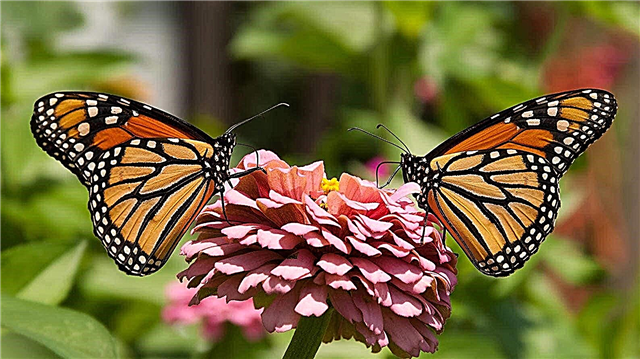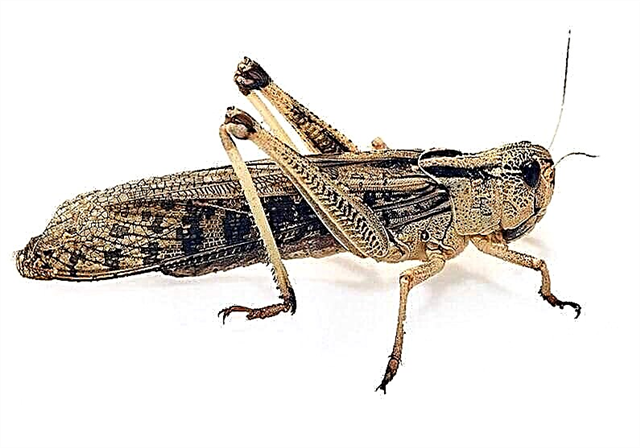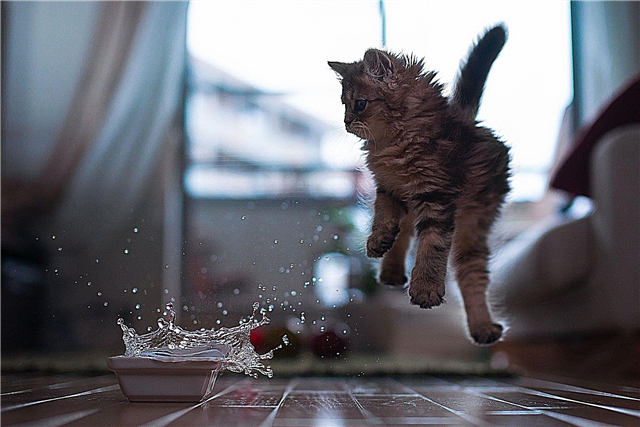
Everyone knows that for a long time roosters were held in high esteem at the farmstead. But few people wondered why cocks crow in the morning? And at all times of the day? What do they say with their clear call? In order not to raise such questions, it’s worth figuring out what's what and finding out the only right opinion.
Background
History says that a bright and vociferous bird called "rooster" was domesticated as early as the III-II millennium BC. This happened on the territory of Ancient India, where this bird was considered sacred and many properties were attributed to it.
Since the rooster was considered a cult bird, then chicken and chicken generally were not eaten. Violation of this rule was considered a very serious crime, therefore, violators were severely punished. They were kept in their homes not as a useful household, but as a protector from evil spirits and a harbinger of a new day.
Eat cockerel in food began much later. It happened in medieval Europe. Although here, roosters were treated with respect. They were appreciated for their loud voice, and it was here that they began to decorate houses with wings depicting the silhouette of a singing rooster.
Popular beliefs
All these are facts, but even more is said about this amazing bird in folk wisdom. The following interesting things can be distinguished from this source:
- The rooster is the master of the village compound. Observing the behavior of birds, our ancestors made forecasts for the weather, productivity and increase in livestock numbers;
- There were signs associated with the cry of a rooster.For example, gathering on the eve of an important event, and if a rooster woke a person in the morning, then everything will turn out well. It was believed that screaming at different times of the day, the rooster attracts good luck to its master’s yard, and the louder and the floods, the better;
- It was not customary to keep a pair of roosters, because they believed that this would bring discord to the house and problems. Excess quantities were sold at the bazaar or exchanged, which attracted great luck. It was necessary to take something for a bird, even from relatives, because "give away for free what to throw away";
- If a rooster screams at the gate or perch in the house where there is a girl, then they will soon come to get married;
They also believed that the cry of a rooster at any time is a sure remedy for the "evil people."
Scientific point of view: why do roosters crow?
Speaking from the point of view of zoology, then any animal or bird, including the domesticated rooster, has its own habitat. This pushes them to the need to protect their territory from strangers. To do this, in addition to cockiness and constant fights with an opponent, roosters use a frightening cry.
With its cry and the sound of flapping wings, the bird intimidates rivals. Weak or more timid will shy away, while with the strong you can use other ways to resolve the territorial issue.
On the other hand, screams are not only an element of intimidation, but also communication between members of the pack. In this way, a hierarchy is established and all roles are clearly allocated. At the same time, there is a certain rule proved by Japanese scientists that there is a sequence of cries of roosters, and this does not depend on the time of day.
The right to vote first remains entirely with the most important, after which the remaining cocks may scream.And if one of the lowest males screams ahead of the main one, the latter simply attacks him.
Such an algorithm has been proven in the course of observations and experiments. Scientists made up several groups with different numbers of roosters, which, as expected, began to divide the territory and fight for the right to primacy. This was done in the course of numerous fights among themselves. After that, everyone was divided into different cells, and it was noticed that the main male was the first to give a voice, who proved his strength during the fights, and the rest of the individuals “sang” only after his signal.
Each species, no matter how long it has been domesticated, has left behind its habits and behavioral features instilled by nature. Roosters are no exception to the rule. Wherever they are - in the chicken coop of a village courtyard or in the bosom of the wild - they share their territory, showing "who is who" to all neighbors and enemies.












